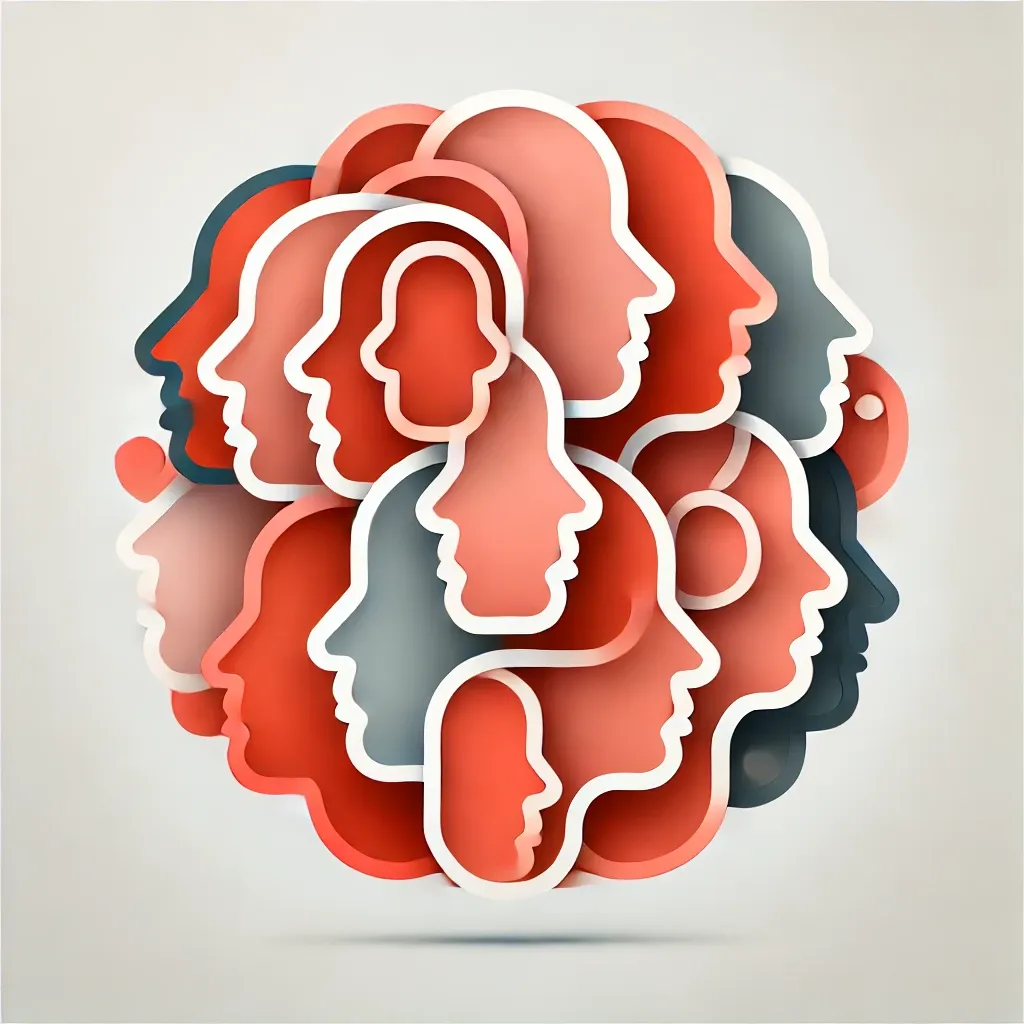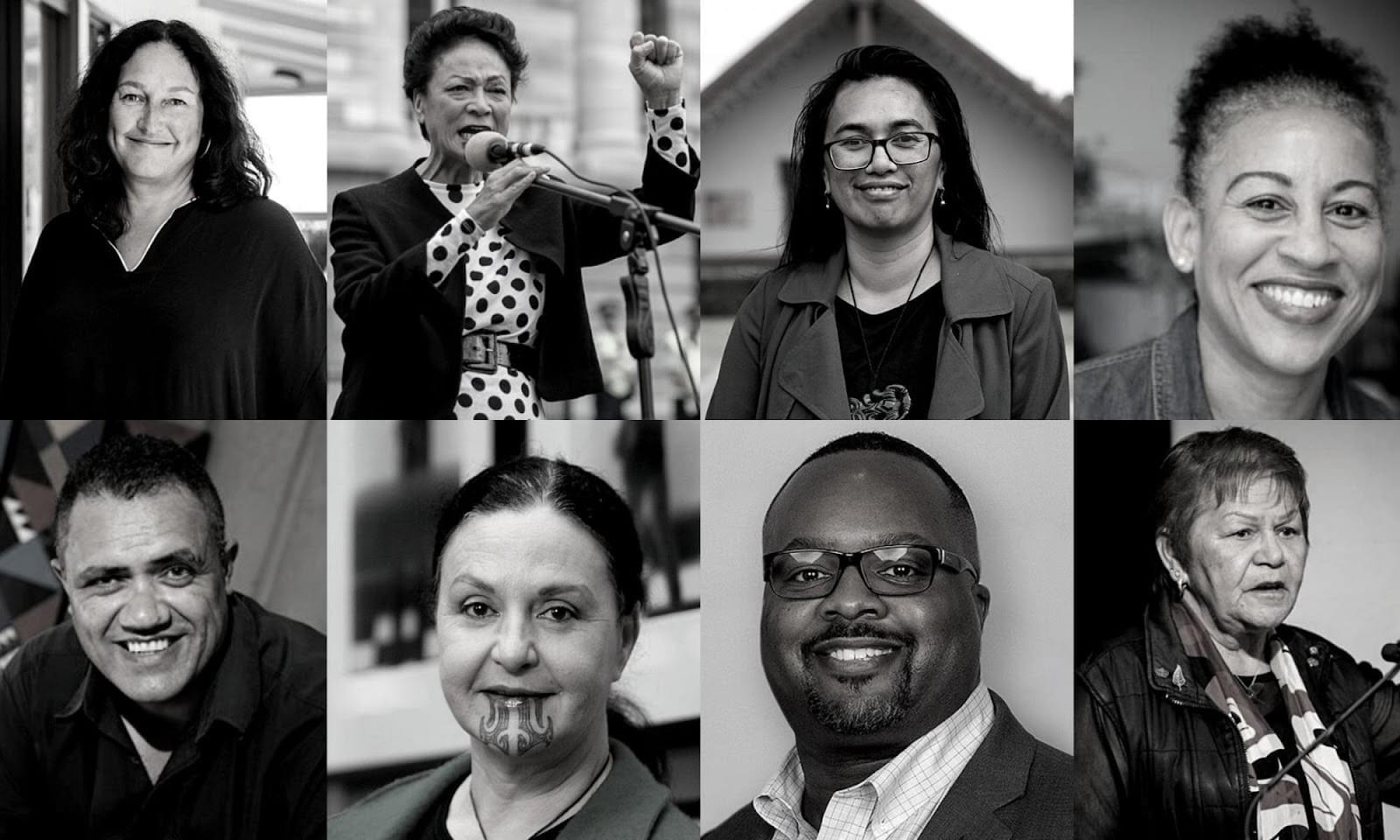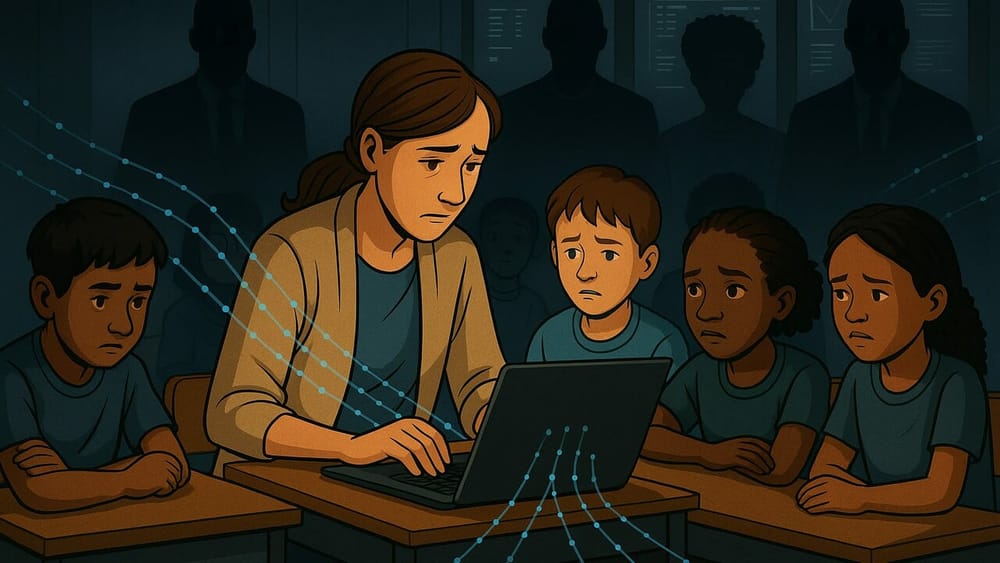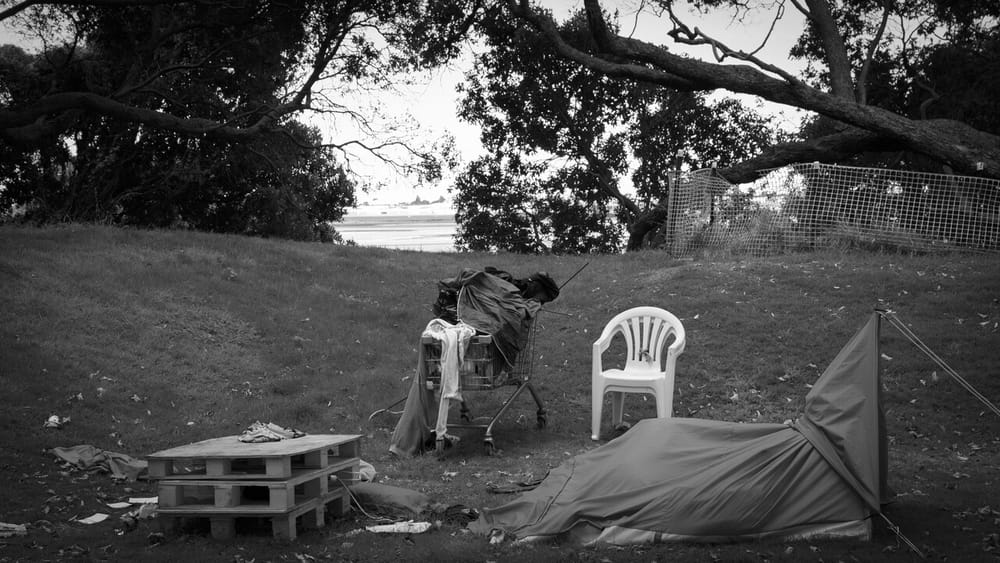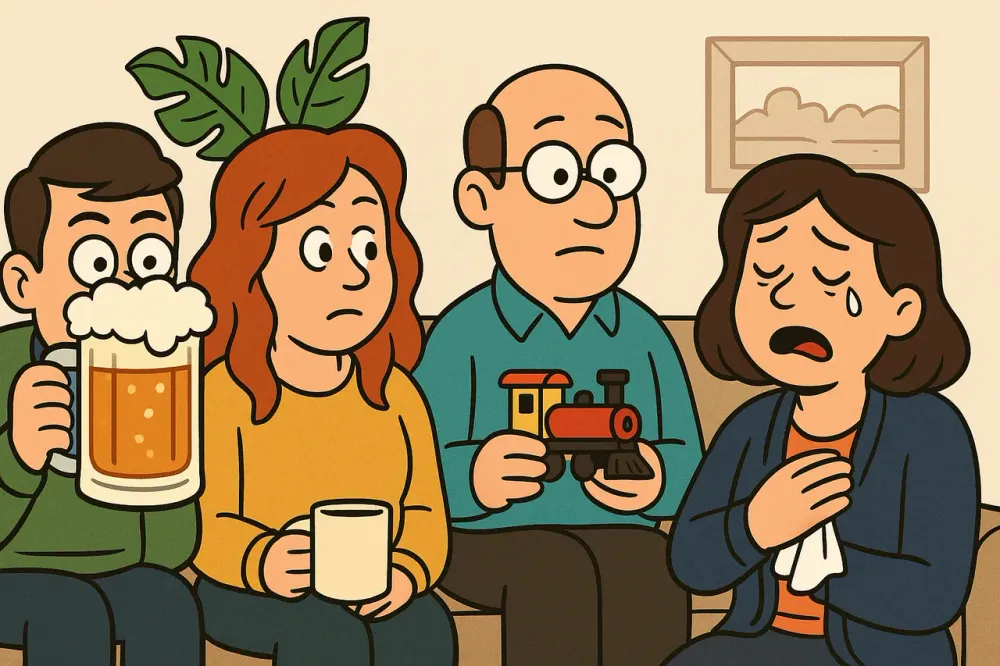The bi-annual Te Tiriti-Based Futures anti-racism and decolonisation event returns to Aotearoa New Zealand from March 21 to 26, 2026. The event brings together a diverse group of local and international speakers and leaders who, over the course of 5 days, will address subjects such as institutional racism, anti-racism and decolonisation, and envision a framework for building Te Tiriti-based futures and transforming Aotearoa New Zealand's constitution.
Te Tiriti Based Futures arose in response to a tweet by Māori musician and documentarian Moana Maniapoto, in which she urged tauiwi (non-Māori) to do more decolonisation work. Heather Came-Friar, an activist scholar and seventh generation Pākehā (White New Zealander) responded, saying that they would "have a go." She followed through.
In this Q&A, Came-Friar tells The Lovepost about the event, her dedication to decolonisation and her hope for a future that finally honours and upholds Te Tiriti o Waitangi (Aotearoa New Zealand's founding document).
Tell us about the Te Tiriti Based Futures’ birth story. How did this event come to be?
Moana Maniapoto issued a tweet challenging tauiwi to do more decolonisation work. I cheekily responded that we would have a go. I rustled up some mates, we found some partners that wrote cheques and shared expertise and networks, and the rest is now the magical history of our journey.
The event brings together a line up of both local and international speakers. Why is it important to pull in the “global” narrative for an event such as this, which is focused on Te Tiriti?
The event is focused on racial justice but it is centred in Aotearoa so Te Tiriti o Waitangi is front and centre. It is about Tiriti-based anti-racism; however, there is room for everyone at the table and it is always useful to hear about other people’s analysis of racism, decolonisation and what their experience and possible solutions are.
What are some of the topics the event will cover?
We have everything: Media, children in state care, technical Te Tiriti matters, inspirational wahine toa, health and education. We finish with the flourish of the voices of emerging scholars.
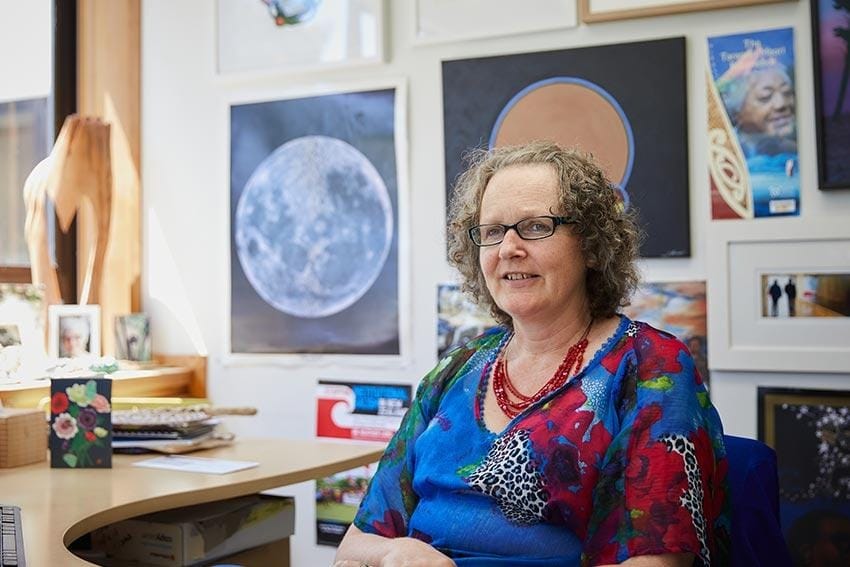
What does “decolonisation” mean and what does a decolonised world look like? This is a broad question; however, perhaps you can focus on one area? One example of what decolonisation in action looks like.
That is an essay question which is a bit tough for a Q and A. I will defer as always to Prof Linda Tuhiwai Smith: “Decolonisation, once viewed as the formal process of handing over the instruments of government, is now recognised as a long-term process involving the bureaucratic, cultural, linguistic and psychological divesting of colonial power.” An example is decentring Whiteness in curriculum, in classrooms.
The idea of decolonisation, and the word itself, can be confronting for Pākehā. Often it can be taken as a direct attack on the very foundation Pākehā lives have been built on. How can Pākehā better manage these feelings, and why is it important to face the discomfort?
I don’t find the term decolonisation confronting. It is a powerful reminder of what happened in this country and an invitation to do better to uphold Te Tiriti o Waitangi; to disrupt monoculturalism and institutional racism.
I get that for some, anti-racism/decolonisation work is about feelings, but for me it is a verb; it is about action. The inaction of Pākehā in the health sector as described in detail in the WAI 2575 Waitangi Tribunal report is impacted on the quality of Māori lives. Work through your feelings, absolutely, but can you do it while you are helping out.
Beyond the event and the opening of conversations, what type of actionable change do you believe this event can bring? For example, how can those viewing the event take their learnings further? Do speakers provide actions for change?
The magic of the series is that we work on it for an intense year and then we focus on other projects and then come back together again and repeat. Our contribution is to plant the seeds—how those seedlings grow depends on our partners and the Decol community. We will be back every two years, that is our commitment.
We hope to see more people engaging in anti-racism/decolonisation as a result of being part of this event/community. Ideally collective action, but we are happy to hear about what individual actions follow.
I suspect all the speakers will have actions about what they would like to see participants do within their particular area of interest. There are people speaking about current active campaigns that they need help with; for instance, the Ahipara occupation. We will learn more as we listen to the speakers.
The Lovepost is a proud partner of Te Tiriti Based Futures. You can register for the event here, follow the event on Instagram here or join the Facebook group here.


